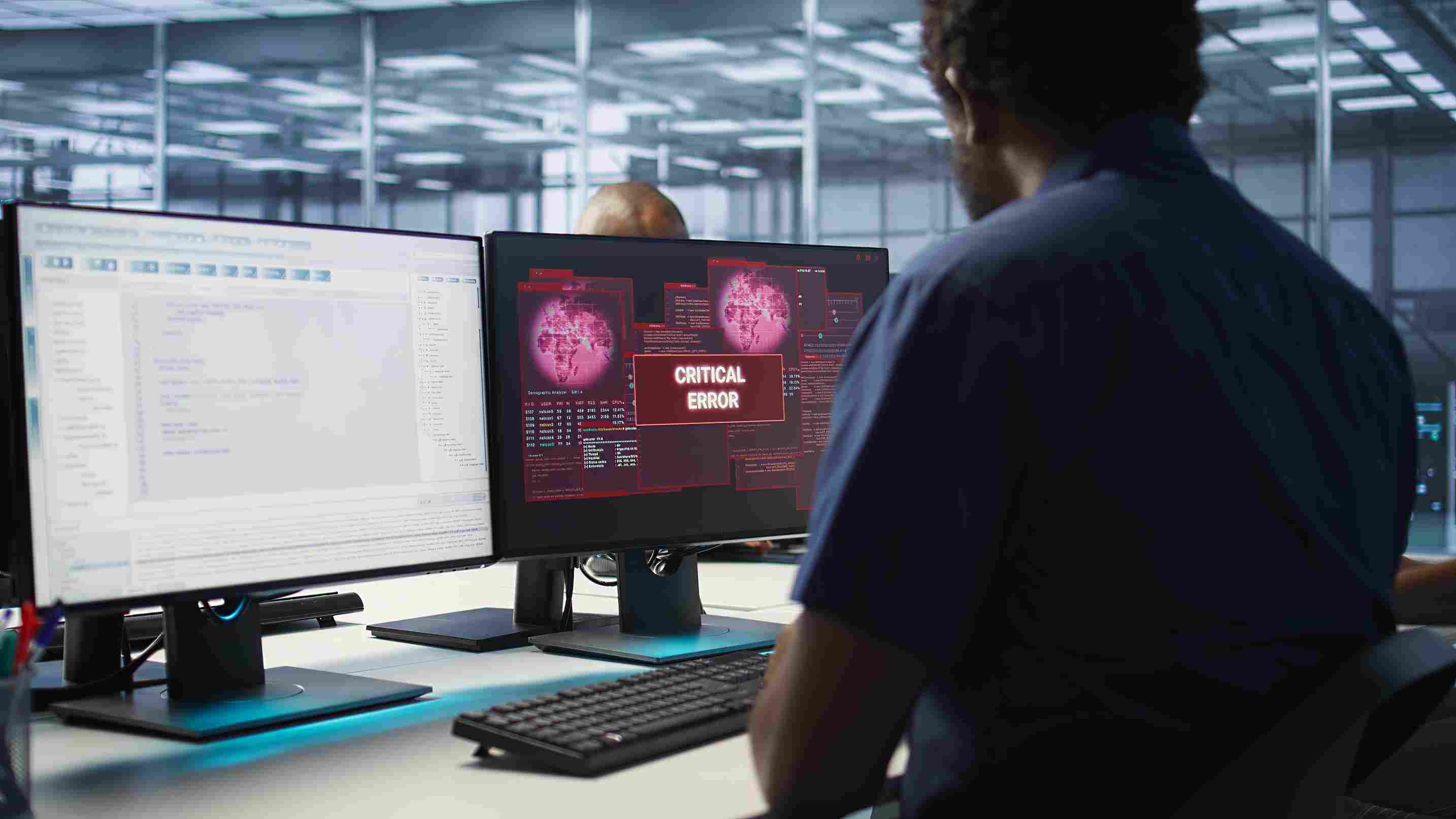
Patient information is among the most sensitive data healthcare organizations manage. As hospitals rely increasingly on hospital information systems (HIS) to store and process this data, protecting it from breach or misuse is critical.
Understanding the Landscape: Why Privacy and Security Matter
A hospital information system stores vast amounts of sensitive data. This aggregation makes HIS a prime target for cybercriminals, and regulatory frameworks such as HIPAA and GDPR make strong protections a legal necessity. Without appropriate safeguards, consequences can include loss of public trust, regulatory action, and compromised patient care.
Key Threats Facing HIS
- Ransomware and Malware: These attacks can encrypt essential data, halting operations and demanding ransom payments.
- Phishing and Social Engineering: Attackers may exploit human error to gain unauthorized access.
- Insider Threats: Employees might intentionally or accidentally expose data.
- Device and Network Vulnerabilities: Outdated systems or unsecured networks provide entry points for attackers.
Industry Trends Shaping Modern Security
- Cloud Adoption: Hospitals are leveraging cloud-based HIS for flexibility and scalability, but must also strengthen cloud security protocols.
- Interoperability: Enhanced data sharing across platforms introduces new security challenges that require careful management.
- Telemedicine: Remote care expands the HIS footprint, increasing the number of endpoints to secure.
Benefits: Why Strong HIS Security Matters
Prioritizing data privacy and security delivers significant value:
| Benefit | Impact |
|---|---|
| Regulatory Compliance | Avoid penalties and operate within legal frameworks |
| Operational Efficiency | Maintain smooth operations with minimal disruptions |
| Enhanced Trust | Build patient and public confidence in your services |
| Improved Collaboration | Enable secure data sharing across departments |
| Data-Driven Decisions | Ensure reliable access to critical clinical data |

Addressing the Challenges of Interoperability and Third-Party Data Sharing
As hospitals expand their digital ecosystems, interoperability between different systems—such as laboratory platforms, imaging solutions, and electronic health records—becomes essential for comprehensive patient care. However, integrating multiple platforms increases the complexity of safeguarding sensitive information, especially when sharing data with external vendors or community health partners. Hospitals must evaluate how third-party applications interact with their hospital information system and ensure that every connection meets internal security policies and regulatory requirements. Diligent vetting of partner organizations, along with contractual safeguards around data usage and access, are critical steps for maintaining robust privacy while enabling secure and efficient data exchange across the care continuum
Building a Security-First Culture in Healthcare Organizations
A true commitment to data privacy goes beyond software—hospitals must foster an environment where security concerns are built into daily routines. This requires leadership support for visible security policies, consistent ongoing education for staff at every level, and accessible channels for reporting incidents or questions. By integrating data privacy discussions into regular meetings and recognizing team members who demonstrate strong security practices, organizations create a culture where protecting patient data is instinctive and universally prioritized.
Balancing Data Accessibility with Security Controls
Modern hospital information systems must strike the right balance between providing clinicians with timely access to patient data and enforcing strong security measures. Key strategies include:
- Implementing adaptive access controls that adjust permissions based on user role, location, and context.
- Using location-based authentication to grant or restrict access depending on whether users are on-site or remote.
- Employing contextual verification mechanisms to ensure that access requests align with the user’s current tasks and responsibilities.
- Continuously monitoring access patterns to detect and respond to unusual or unauthorized data requests.
- Designing workflows that minimize unnecessary access barriers, ensuring clinicians can efficiently retrieve necessary information without compromising security.
This balanced approach helps maintain smooth clinical operations while protecting sensitive patient information from unauthorized exposure.

The Role of Continuous Monitoring and Response
Digital health threats are constantly evolving, so hospitals need to move beyond scheduled audits and adopt continuous oversight. Implementing hospital information systems with built-in monitoring tools allows for ongoing review of system activity and automatic identification of anomalies. Automated alerts notify IT teams about unauthorized access attempts or unusual data movement, providing opportunities for early intervention. With a clear incident response plan in place, hospitals can quickly investigate concerns, isolate potential issues, and resume operations with minimal disruption—ensuring data integrity and patient trust remain intact.
Recommendations: Strengthening HIS Privacy and Security
- Conduct Regular Risk Assessments: Continuously evaluate and address vulnerabilities.
- Adopt Multi-Factor Authentication: Enhance user authentication protocols for all HIS users.
- Enforce Principle of Least Privilege: Grant only necessary permissions, and review regularly.
- Encrypt Data in Transit and at Rest: Protect data within your network and backup systems.
- Prioritize Staff Training: Ensure all staff understand cybersecurity risks and best practices.
- Maintain Up-to-Date Systems: Apply security patches to all devices and applications promptly.
- Choose Compliant Partners: Work with HIS vendors who meet recognized security and privacy standards.

Secure Your Hospital’s Digital Future
Effective privacy and security in hospital information systems are fundamental to quality care, operational resilience, and regulatory compliance. As digital transformation accelerates across healthcare, decision-makers must ensure that security is integral to every aspect of their HIS strategy.
Take action today: Choose SmartHMS and Solutions for comprehensive, secure, and future-ready hospital information software. Contact us to learn more, schedule a demo, or discuss how we can support your organization’s commitment to data privacy and security.
Patient information is among the most sensitive data healthcare organizations manage. As hospitals rely increasingly on hospital information systems (HIS) to store and process this data, protecting it from breach or misuse is critical.

